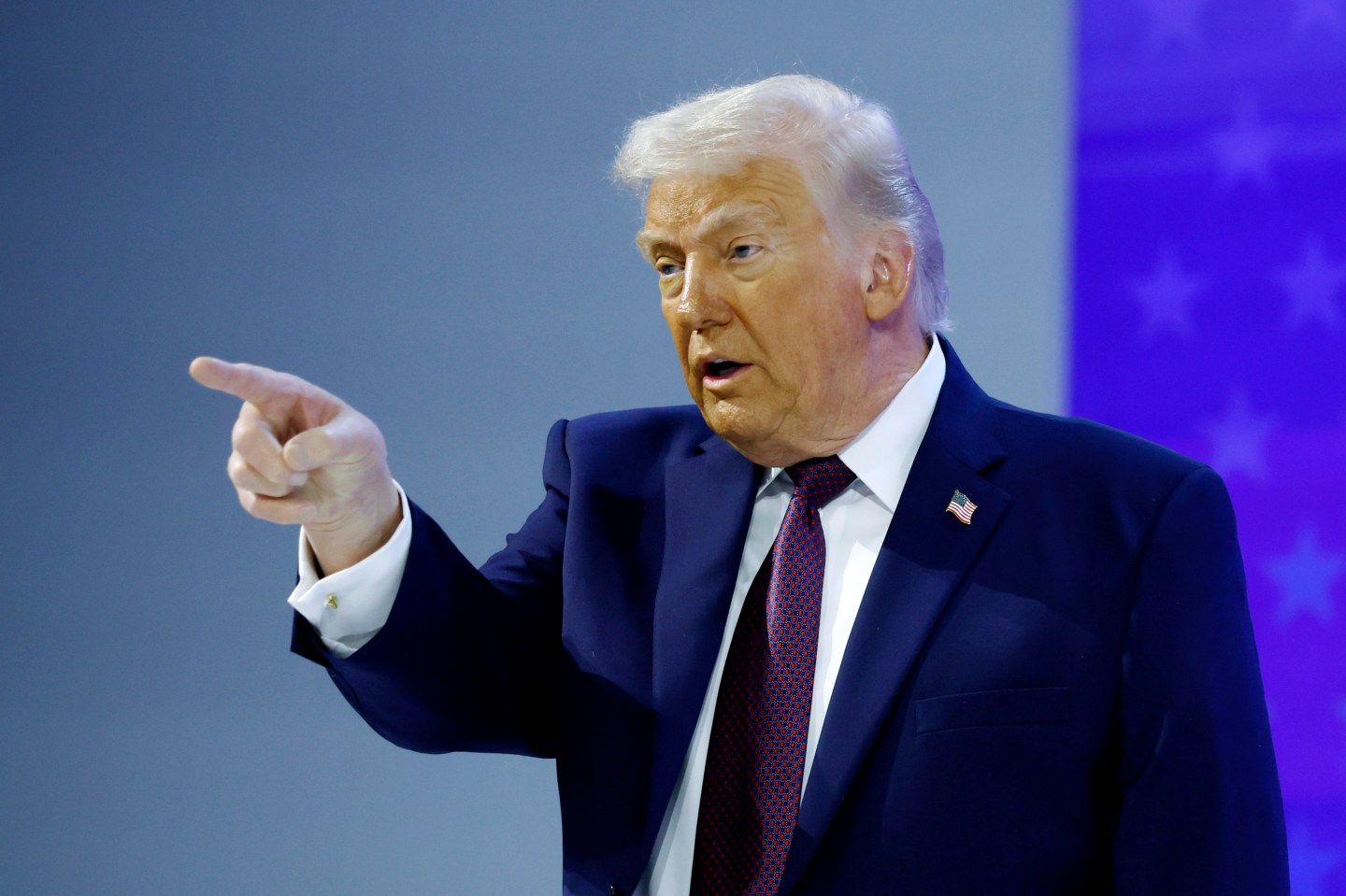FORTUNE – The state of the euro looks bleaker by the day. Amid a deepening banking crisis in Spain and ahead of a pivotal June 17 Greek election that could make or break the nation’s ties with the euro zone, the idea of a euro break up has increasingly become a possibility.
The usual suspects have weighed in: Economist Nouriel Roubini, credited for having foreseen the credit crunch, has said the euro zone would collapse sometime this year, with the departure of Greece and Portugal. Nassim Taleb, author of The Black Swan, has boldly said the end of the common currency “is not a big deal.”
And many others on Wall Street have raised chances of a breakup. Last month, Morgan Stanley’s Jonathan Garner told Bloomberg the firm raised its likelihood to 35% from 25%, with the pace of a breakup accelerating over 12 to 18 months as opposed to the previously estimated three to five years. And now half of the population of Germany, which is widely viewed as the euro’s savior, believe the common currency has done more bad than good for Germany, up from 43% in February, according to The Wall Street Journal, citing a poll released late last month by public broadcaster ZDF.
Despite talk of a euro breakup, the euro will likely survive. Here are four reasons why.
It’s too painful to breakup (even for Germany)
Germany is the only euro-zone nation with enough economic pull to keep the euro together. But for the past three years, Chancellor Angela Merkel has done only the minimum needed to keep debt-troubled nations afloat while demanding huge spending cuts in return – a strategy critics say has irritated the crisis rather than ease it.
MORE: Any way you slice it, Germany wins
It’s easy to see why Germans don’t see the euro zone crisis as big a threat as the peripheral countries do. Its economy is actually thriving. Even as Europe approaches the three-year mark of its debt crisis, German unemployment is at its lowest in 20 years and falling. However, Germany needs the euro zone as much (if not more) than the union needs Germany, as billionaire investor George Soros highlighted over the weekend during a lengthy speech in Italy.
The euro zone keeps Germany’s exports cheap and therefore competitive. What’s more, it keeps other euro nations from defaulting on their debts. And much of those debts are owed to German financial institutions. So if the ship sinks, all on board, including Germany, will sink with it.
“The likelihood is that the euro will survive because a breakup would be devastating not only for the periphery but also for Germany,” Soros said.
Euro area voters are risk averse
Given that so many euro zone voters are rich and aging, they are highly risk averse. So when a euro crash is potentially imminent, voters will likely agree to the pains of austerity rather than risk the uncertainties of breaking away from the euro zone.
“This has been proven in all elections in Europe since 2009,” says Jacob Funk Kirkegaard, a fellow at the Peterson Institute for International Economics.
To be sure, Greece’s inconclusive May 6 election is an exception, but that’s only because it is suffering from a unique political legitimacy crisis. The Syriza parties that favor renouncing budget-cutting agreements tied to billions of euros in international aid garnered modest support, making it difficult for voters to support the traditional parties as a safe pair of hands.
MORE: Goldman says it can profit from Europe’s bust
Nevertheless, Kirkegaard says, no other euro zone member (not even Italy) has such problems. And while Greek voters seem uncertain today, they might eventually realize they need to agree to the austerity measures by the June 17 election.
In his speech in Italy, Soros added: “I expect that the Greek public will be sufficiently frightened by the prospect of expulsion from the European Union that it will give a narrow majority of seats to a coalition that is ready to abide by the current agreement,” he said. “But no government can meet the conditions so that the Greek crisis is liable to come to a climax in the fall. By that time the German economy will also be weakening so that Chancellor Merkel will find it even more difficult than today to persuade the German public to accept any additional European responsibilities.”
The euro is innovative and a work in progress
Perhaps investors would be less jittery if they accepted that the European Union is a fundamentally flawed experiment that could take many more years to get right. In the beginning, the monetary union helped Germany boost its competitiveness in exports, while other members took advantage of cheap credit. Needless to say, what drove the euro’s successes is what has landed it in trouble today.
But what will probably drive the euro’s survival is its history of “institutional innovation,” Kirkegaard says. Though a monetary union was created, the problem is that it lacks an accompanying political union. Most political scientists argue the euro area should not exist at all, but it does because it has the capacity to “innovate new institutions.” In the coming years, it could overcome problems that others deem insurmountable.
The European Central Bank can handle the crisis
Amid crippling debt, many have called on the European Central Bank to act as a “lender of last resort.” Indeed, giving the ECB a license to print as much money as it pleases would ease a liquidity crunch and guarantee that cash would always be available to pay out bondholders of government debt.
But Germany has fiercely opposed such an idea. And so has the ECB, although officials have passed other measures to stem the region’s debt crisis including lending cheaply to several banks and buying up hundreds of billions worth of government bonds. On Thursday, the central bank held its main interest rate at 1.0%, and continued resisting international pressure to do more to help the euro zone’s ailing economy.
MORE: Exclusive: The last days of MF Global
Nevertheless, the ECB has plenty of firepower left to use if need be, even if it would never acknowledge that to avoid letting governments think there is an alternative to their calls for austerity, Kirkegaard says.
“The reality is that the ECB could easily – provided the survival of the euro was at stake – buy 500 billion euros of Spanish government debt without any protests from German governments. Hence, the ECB can buy a lot more time if needed.”












